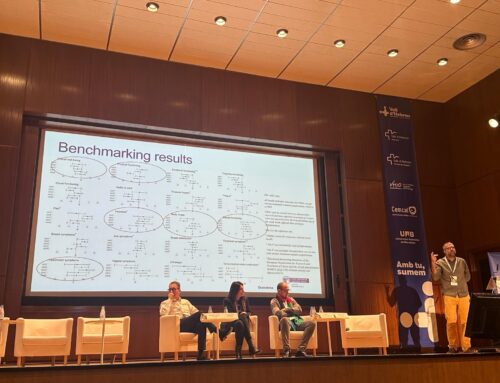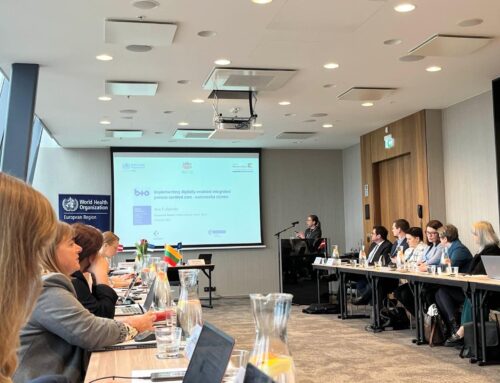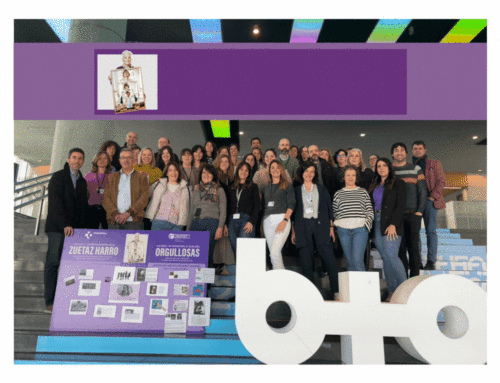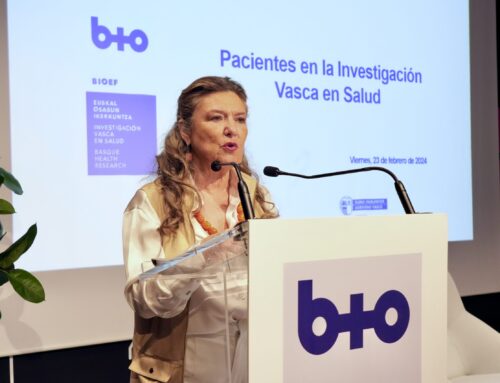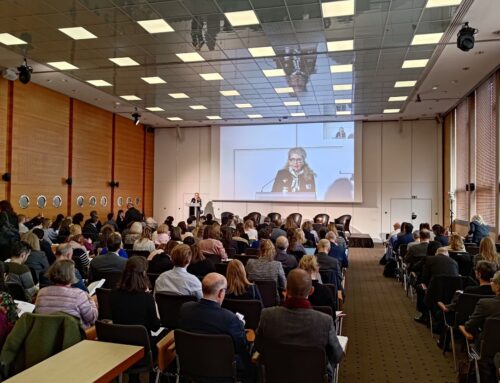Lithuania, Romania, and Luxembourg (the pilot countries of the project) have participated in several activities to implement the CARDIO 50 best practice in their healthcare systems.
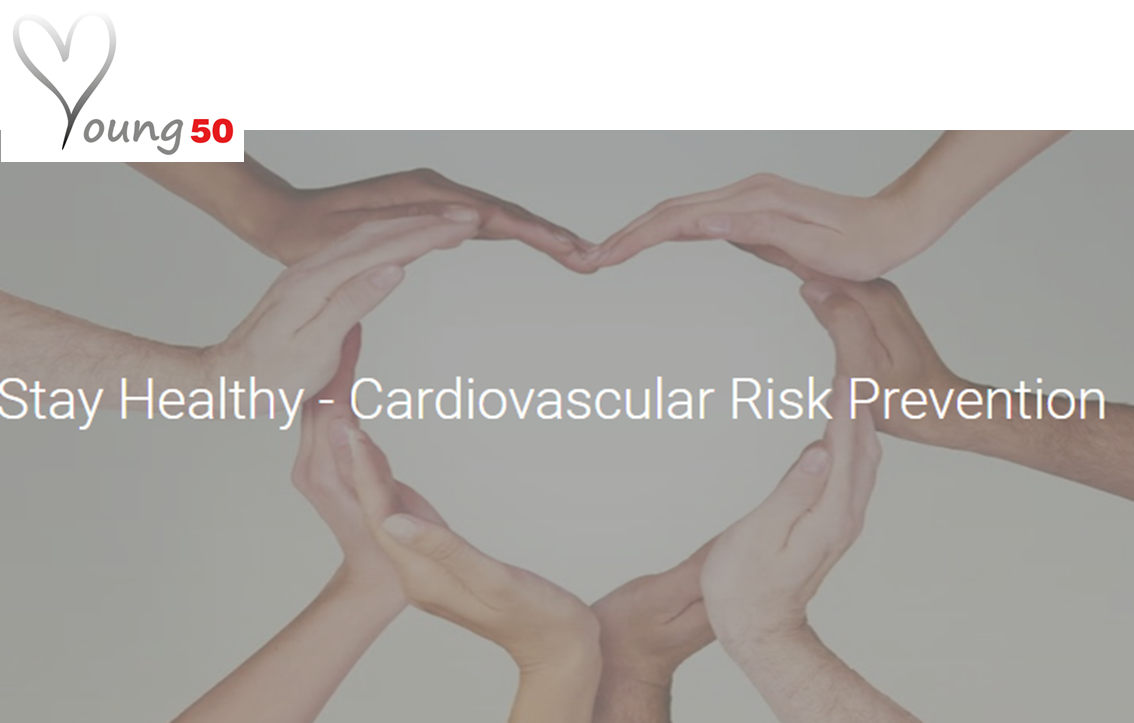 The Young50 project will transfer the Italian diseases and cardiovascular risks screening model, CARDIO 50, to three European countries: Lithuania, Romania, and Luxembourg. The goal is to implement this best practice adapted to each country, thus guaranteeing its sustainability and applicability. Kronikgune Institute, a partner in the project, is responsible for supporting these three countries in the analysis of the situation, and the assessment of the feasibility and needs, as well as helping define the action plans for a successful implementation of the CARDIO 50 programme.
The Young50 project will transfer the Italian diseases and cardiovascular risks screening model, CARDIO 50, to three European countries: Lithuania, Romania, and Luxembourg. The goal is to implement this best practice adapted to each country, thus guaranteeing its sustainability and applicability. Kronikgune Institute, a partner in the project, is responsible for supporting these three countries in the analysis of the situation, and the assessment of the feasibility and needs, as well as helping define the action plans for a successful implementation of the CARDIO 50 programme.
One of the activities developed by Kronikgune, together with Lithuania, Romania, and Luxembourg, was the analysis of the current situation and the contexts of the healthcare system of each of the countries via a SWOT analysis (Strengths, Weaknesses, Opportunities and Threats). By using this analytic method, the most relevant internal (Strengths and Weaknesses) and external (Opportunities and Threats) factors were identified, which could influence the implementation of the cardiovascular risk prevention programme. The analysis enabled the definition of strategic actions and the establishment of priorities related to the deployment of the CARDIO 50 programme in each country.
As a result of this internal analysis, the pilot countries stated that some of their strengths are their know-how in the field of prevention programmes, and their experienced and qualified staff when addressing the implementation of the best practice. Similarly, the project and its funding are considered as opportunities that allow for the implementation of CARDIO 50, which would be harder and slower if done otherwise. As for the barriers, not having technologies to automate the monitoring of the participants or the learning process in the use of technologies are some of the weaknesses that were identified. Creating or promoting new synergies with other organisations and the possibility of undertaking new domestic projects focused on the prevention of cardiovascular disease and CARDIO 50-related diseases predominate as positive external factors. The ability to develop communication and dissemination actions to raise awareness and increase knowledge among the population regarding the prevention of cardiovascular diseases is also considered an opportunity. However, the overload of healthcare professionals is a factor that could hinder the recruitment of participants, the deployment of the programme and its piloting in these three countries.
Based on the priorities identified through the SWOT analysis and with the help of Kronikgune Institute, Lithuania, Romania, and Luxembourg defined their “YOUNG50 Local Prevention Programme” and developed an action plan to lead the implementation of CARDIO 50 on a local level. Once the Action Plans were defined, the three countries are now preparing a detailed plan of the necessary activities to launch the CARDIO 50 programme in their healthcare systems.
For further information about the project and to follow its progress, visit their official website https://www.young50.eu/

